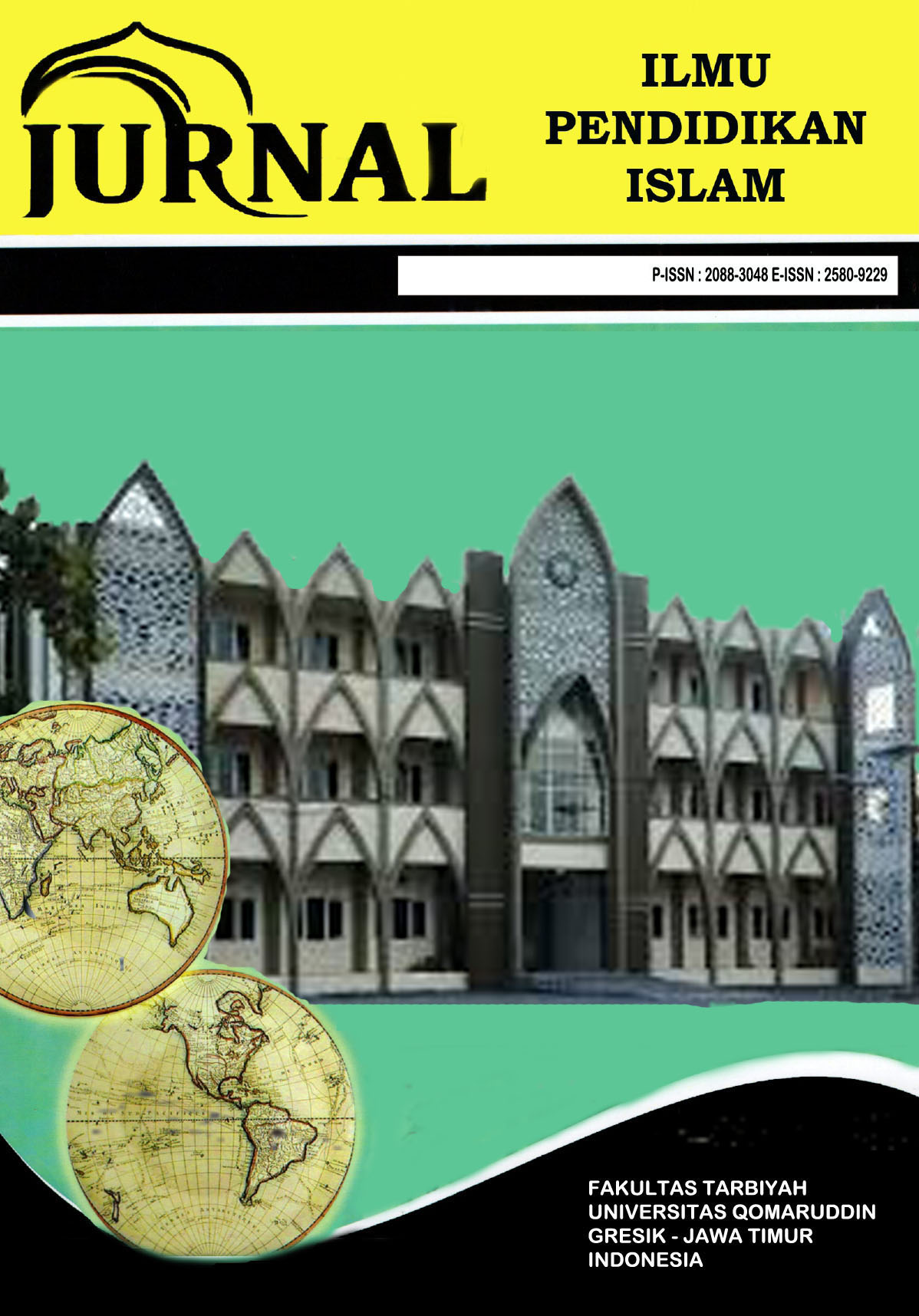Pandangan K.H. M. Hasyim Asy'ari tentang Etika Guru
Abstract
The Teacher Code of Ethics plays a crucial role in moulding the character and morality of educators. Reflections of K.H. M. Hasyim Asy'ari, a religious leader and the originator of Nahdlatul Ulama, establishes the intellectual framework and principles that form the basis of a teacher's ethical conduct. According to his perspective, a teacher bears the duty not only to address academic matters, but also to fulfil moral and spiritual obligations towards his students. Reflections of K.H. M. Hasyim Asy'ari emphasises the significance of justice, equality, and diversity in education when discussing the Teacher Code of Ethics. He stressed the need of a teacher embodying exemplary conduct, unwavering honesty, and unwavering commitment to the field of science. The teacher's role extends beyond being a mere source of information; they also serve as a mentor and ally, offering students uplifting motivation. In addition, according to K.H. M. Hasyim Asy'ari, a teacher should possess a keen awareness of religious principles and ethics. A teacher's life should embody religious teachings and adhere to elevated ethical standards. Teachers are expected to cultivate attitudes of empathy, patience, and wisdom when confronting many obstacles in the field of education. This mindset serves as the basis for the creation of a comprehensive Teacher Code of Ethics, encompassing intellectual, moral, and spiritual aspects. By comprehending and applying these principles, an educator can effectively and enduringly enhance the character and ethical development of the younger cohort. Education rooted in the ideas of K.H. M. Hasyim Asy'ari can foster a harmonious and morally upright educational setting, cultivating a generation that possesses not only academic brilliance but also virtuous character
References
Ahmad, Adam ahmad syahrul alim, ‘Urgensi Kode Etik Guru Dalam Membentuk Karakter Siswa: Studi Pemikiran KH. Hasyim Asy’ari’, AL-WIJDÃN Journal of Islamic Education Studies, 5.1 (2020), 91–108 <https://doi.org/10.58788/alwijdn.v5i1.433>
Copyright (c) 2024 Moh. Moh.

This work is licensed under a Creative Commons Attribution 4.0 International License.





